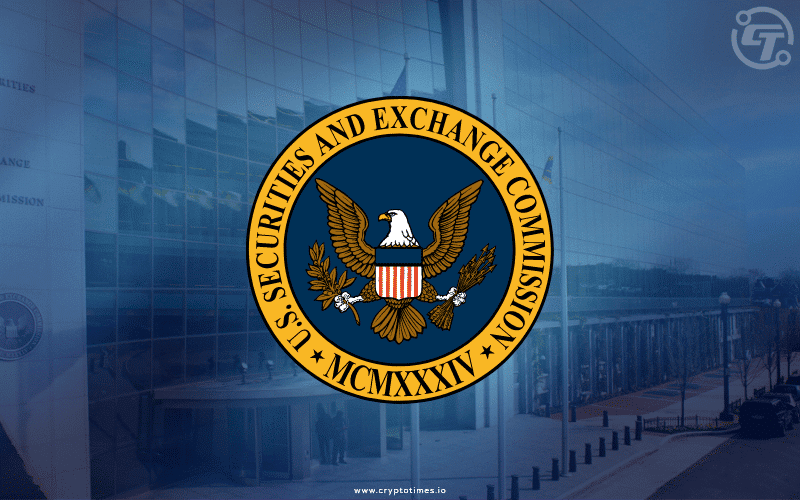In Brief:
- The US SEC to take action against the $131 billion market.
- Stablecoins should be regulated similarly to bank deposits, as per Congress.
In a debate between US authorities over how to monitor stablecoins, Wall Street’s top watchdog won concessions, paving the way for the Securities and Exchange Commission (SEC) to crack down on the $131 billion industry.
According to people familiar with the situation, the Treasury Department and other agencies will indicate in a highly anticipated report due out this week that the SEC has major control over coins like Tether.
According to one of the sources who asked not to be identified because the conversations are secret, the report will also urge Congress to approve legislation requiring coins to be regulated similarly to bank deposits.
Gary Gensler pushed for changes behind closed doors, the people said, language was inserted to underscore the SEC’s powers. The recommendations could strengthen the SEC’s capacity to pursue cryptocurrency enforcement actions and policies.
Even as it waits for longer-term plans to be implemented, the changes he asked show that the government is committed to regulating stablecoins. For industry executives, Gensler’s effective lobbying is likely to be bad news, as many already fear his firm has gone too far.
The role of the Commodity Futures Trading Commission in overseeing stablecoins will be reaffirmed in the study.
Last week, Nellie Liang, Treasury Undersecretary for Domestic Finance, spoke at a financial-technology conference held by Georgetown University Law Center said, “you aren’t helping the system at all if what is called a stablecoin is actually not stable, so you don’t want to allow that kind of risk to build.”
Many stablecoins, which sometimes invest in corporate bonds and other assets, resemble money-market mutual funds, according to Gensler, could fall under his jurisdiction. The Securities and Exchange Commission (SEC) is looking into various tokens, including one created by Coinbase Global Inc. and Circle Internet Financial Inc.
Executives from stablecoin companies such as Circle and Paxos Trust Co. have stated that they prefer bank-style regulation.
Given how long the legislative process can take, some investor advocates have encouraged authorities to emphasise regulators’ powers rather than recommending Congress take action. On Oct. 19, the Americans for Financial Reform Education Fund wrote to Treasury Secretary Janet Yellen, expressing “concern” that the study could point to a legislative path.
Regulators are particularly concerned about an uncontrolled spike in public adoption of stablecoins, which might happen if a technology behemoth like Facebook Inc. distributes a token. Diem, a future cryptocurrency proposed by Facebook, has yet to be implemented.
Earlier, Fitch Ratings also warned stablecoin’s growth and regulation that could create a negative impact on the commercial paper.






